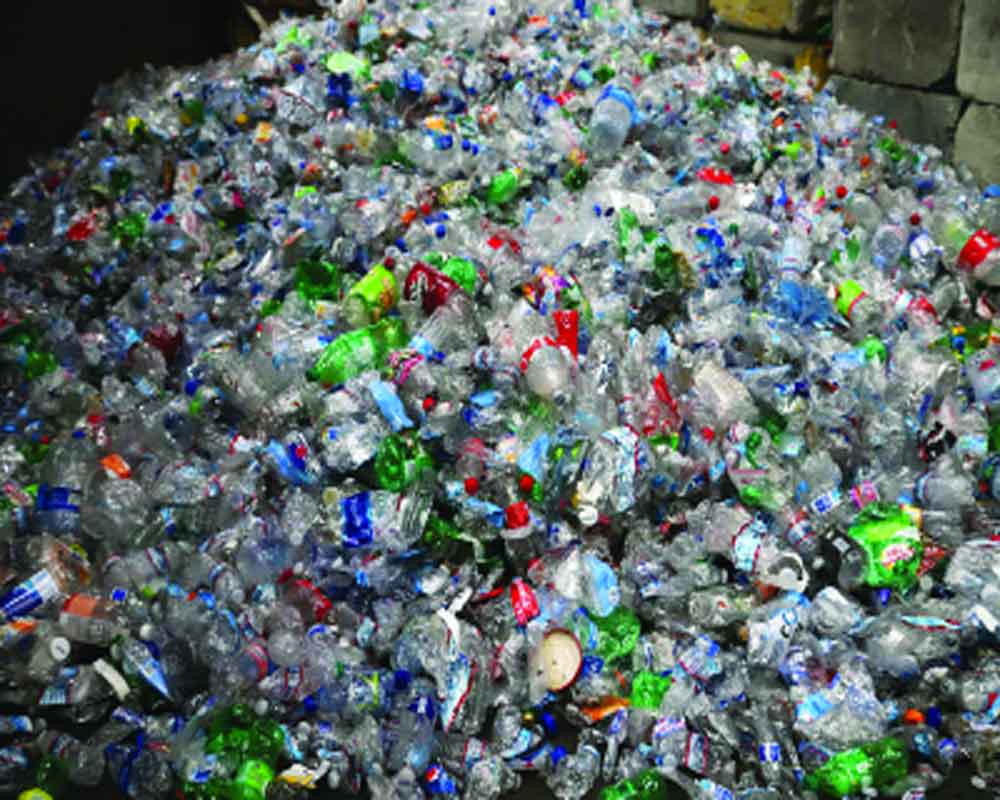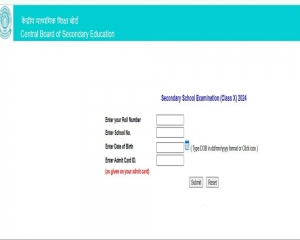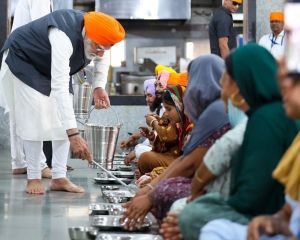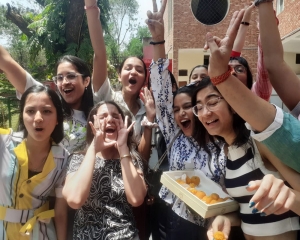Single use plastic ban has come in force, but lack of viable alternatives suggests that past lessons aren’t learnt
SSingle use plastic ban has come into force in India from July 1. In its commitment towards global climate goals, the government has implemented its notification banning identified 19 single use plastic (SUP) items. The violation of the ban is expected to invite penalties and jail terms as well under the Environment (Protection) Act 1986. Single use plastic items are those that are used once and discarded. They have high littering potential and high degree of non-biodegradability. The government has issued immediate directions to all States to curb supply of the banned finished goods and prohibit the petrochemical industries from supplying raw materials such as polystyrene used in producing SUPs.
The blanket ban on the 19 SUP items is a welcome move that promises to deliver relief to the environment and wildlife. The styrofoam cups, plates and plastic spoons and forks have long been an eyesore all around our cities, parks, beaches, railway tracks and even wildlife sanctuaries. In fact, the landfills across India are replete with SUPs that will not biodegrade even in the next 400 years. India generates 3.5 million tonnes of plastic waste a year, which is 3 kg of per capita plastic waste per year. During 2020-21, India generated 41,26,997 tonnes of plastic waste. Considering these staggering figures, it is apt for the government to launch the initiative. But is India ready, and more importantly, will the ban work this time?
Restrictions on SUPs have been attempted in India as long back as 1999 when the sale of polythene bags was prohibited. Since then a plethora of national and state level laws have been enacted and implemented. However, the last 22 years are a testament to the fact that we still have plastic cutlery and many other SUP items freely available in the market. Till date, the centre had encouraged the states to phase out the SUPs but the states’ efforts were largely ineffective and SUPs thrived as always. The cause of the earlier SUP futile ban is always attributed to lax enforcement which took place in fits and starts. The current ban seeks to address this loophole and may to a large extent resolve the ineffective enforcement issue. But the real cause for failure of the SUP ban in the past has not been lax enforcement alone. The lack of sustainable alternatives to SUPs has been the major cause for the ban to remain ineffective and before long one could see resurgence of the SUP items in daily life.
The government seems to have put its weight behind enforcement of the SUP ban notification and its rules and paid less attention to the impact and viable alternatives for the industry and the people. Consequently, there’s a serious gap on ways and means of replacement of the single use plastic, which stands prohibited in a large part of the country, barring a few days of relaxations given at some of the places. An unrealistic time frame given for phasing out these single use plastic products means that the industrial houses in the country have been unable to research and develop practical and affordable solutions for the single use plastics. As a result, there is a dearth of manufacturing capacities of the alternatives to the single use plastics and no set supply chains are available for their raw materials either. The government could have opted instead to stagger the ban and used the time to develop a parallel line of eco-friendly products that would seamlessly have taken over the SUP slots. This would not only make the ban more successful but would have also saved the employment of scores of people engaged in production of SUPs and the capital of industries that has been invested into the production machinery.
India needs to move towards a complete plastic free future and this cannot be possible in a short time. The government cannot and must not directly or indirectly support the plastic industry, while it bans SUPs as this will tantamount to taking two steps forward and one step backward. The Indian plastic industry must be slowly diverted towards adopting alternative materials on one hand and incremental staggered ban on plastic items must be applied in every quarter on the other hand to discourage the production and use of plastic items. In this balanced manner the government can actually phase out plastic from daily life. Some exceptional uses can be allowed such as for medical and defence purposes.
For a better environment, the people will fervently hope for the latest ban on SUPs to succeed. But there are lessons from the past failures, which must not be repeated. The government should enforce the ban effectively, while also making available the affordable alternatives to the shopkeepers and the consumers.
(The writer is an environmental journalist. The views expressed are personal.)


























